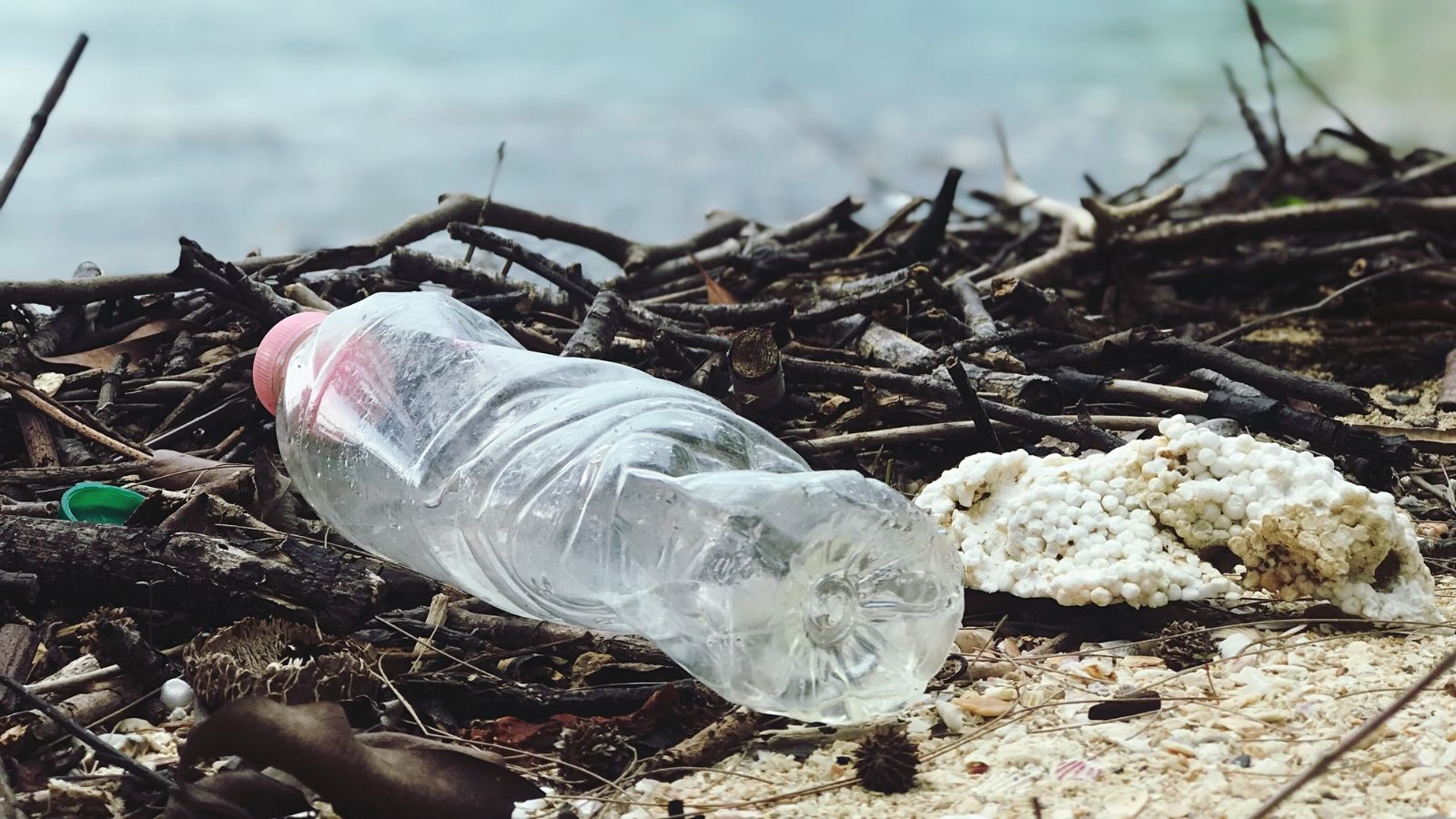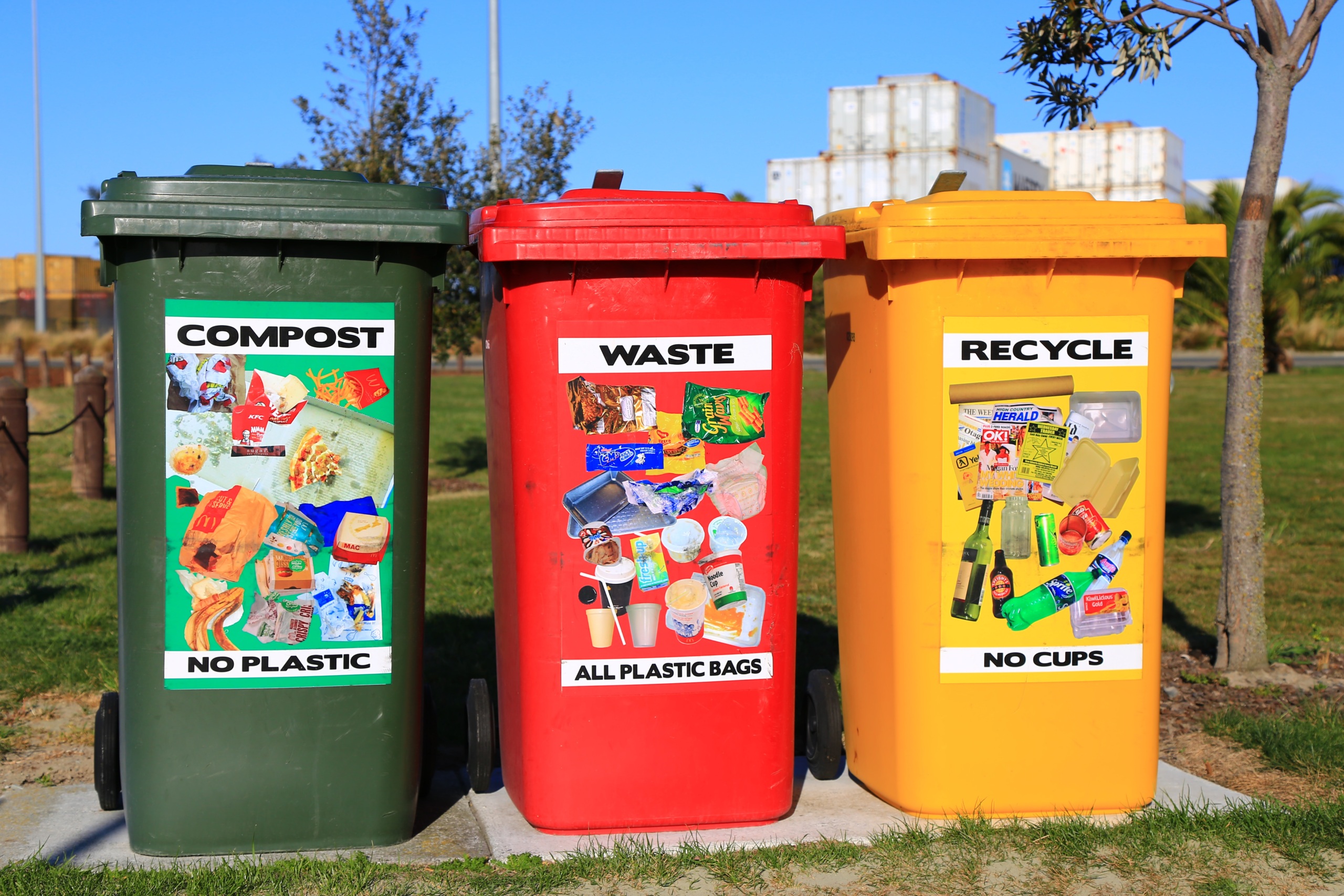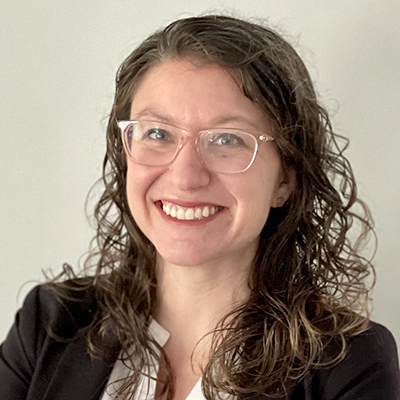
Are compostable and biodegradable plastics better for the environment than regular plastics?
As consumers across the country are pushing for a reduction in the use of disposable plastics, some companies have replaced regular plastic products with products labeled "biodegradable" or "compostable." But are they better for the environment?
Many consumers are becoming aware of the problems that plastics cause to our planet and our health and are looking for alternatives. As a result, some companies have shifted to using “biobased plastics,” which have been marketed as being good for the environment. The reality is, it’s not straightforward.
Here’s a quick guide to what some of these terms mean– or don’t mean– and some tips on meaningful ways you can help reduce plastic pollution:
“Biobased plastic”
Biobased plastics are plastics that are made from plant material, not fossil fuels like gas or oil. But just because they are made from plants does not automatically mean that they can biodegrade or be composted. In fact, they are made to have the same properties as petroleum based plastic, and will last in the environment for the same time period, unless specifically engineered to be compostable and/or biodegradable.
Important note: Bioplastics aren’t always able to be recycled alongside petroleum based plastics, so it’s important to read the label to determine how to properly dispose of them at the end of use.
“Compostable”
According to the Environmental Protection Agency, “In order for a plastic to be labeled as commercially ‘compostable’ it must be able to be broken down by biological treatment at a commercial or industrial composting facility.” If you live in an area with a commercial composting facility, you can look for ASTM D6400 or D6868 on the label to ensure that the product can, in fact, be commercially composted, check and make sure the facility near you takes the product and then take the steps necessary to make sure the product gets there.
Important note: When something is labeled “compostable,” it only refers to commercial composting. There is currently no official ASTM standard test to determine if a product will decompose in a home environment. Therefore, you should not compost these plastic products at home, unless the label specifically says it’s suited for home composting.
“Biodegradable”
This label on plastic is inherently misleading and confusing because there is currently no certification program in place for “biodegradable” products in the US, and these labels typically don’t specify an environment or timeframe in which the product will biodegrade.
According to the Federal Trade Commission’s Green Guides, “It is deceptive to make an unqualified degradable claim for items entering the solid waste stream if the items do not completely decompose within one year after customary disposal. Unqualified degradable claims for items that are customarily disposed in landfills, incinerators, and recycling facilities are deceptive because these locations do not present conditions in which complete decomposition will occur within one year.”
These labels are so misleading that labeling packaging as biodegradable is banned in four states.
Important note: products that are labeled “biodegradable” are not necessarily “compostable” so be sure to check the labels before sending products that are labeled as biodegradable to a commercial composting facility.
Other labels to watch out for:
“Widely Recyclable”
This label is very misleading. Just because a product has the chasing arrows symbol or says it can be recycled doesn’t mean it can be– especially when it comes to plastics. There are few rules about what can and cannot be labeled as recyclable. As a result, what label a product gets is largely left up to the plastics industry, leading to a lot of unclear and misleading claims that consumers cannot rely on.
Important note: To see whether a product can be recycled in your area, check with your local jurisdiction and/or waste hauler.
Other
If you see labels that say “100% sustainable” or “Eco-friendly” or “Earth friendly” or “Made from plants” or other similar sounding labels, do some research and see if it’s tied to a particular certification from a trusted source. If not, the company probably just slapped that label on to trick consumers into believing it’s good for the environment.
Unfortunately, replacing petroleum-based plastic with bioplastic isn’t a solution to our plastic waste problem. The real solution is a reduction in all types of plastic.
Here are some quick tips on how to reduce your use of plastic:
- Find ways to use reusable or refillable options wherever possible. Some ideas include grocery bags, water bottles, food storage containers, cutlery, beeswax wraps and more.
- Support your local zero waste store or companies that are making efforts to reduce plastic packaging for common household items like shampoo, detergent, household cleaners, toothpaste, soap and more.
- Find products or product packaging that is made from fiber based materials like wood pulp, bamboo, bagasse or straw. There’s even some packaging made from mushrooms now. All products come with some environmental impact, but fiber based materials tend to be easier to recycle or compost and cause less harm at their end of use.
- Sign up to get our email action alerts, and we will send you lots of opportunities to make your voice heard to help make bigger changes to reduce plastic pollution– from calling on companies to reduce their use of plastic packaging to passing state laws banning the most wasteful single-use plastic products.
Together, we can help build a cleaner, greener future.
Topics
Authors
Celeste Meiffren-Swango
State Director, Environment Oregon
As director of Environment Oregon, Celeste develops and runs campaigns to win real results for Oregon's environment. She has worked on issues ranging from preventing plastic pollution, stopping global warming, defending clean water, and protecting our beautiful places. Celeste's organizing has helped to reduce kids' exposure to lead in drinking water at childcare facilities in Oregon, encourage transportation electrification, ban single-use plastic grocery bags, defend our bedrock environmental laws and more. She is also the author of the children's book, Myrtle the Turtle, empowering kids to prevent plastic pollution. Celeste lives in Portland, Ore., with her husband and two daughters, where they frequently enjoy the bounty of Oregon's natural beauty.
Jenn Engstrom
State Director, CALPIRG
Jenn directs CALPIRG’s advocacy efforts, and is a leading voice in Sacramento and across the state on protecting public health, consumer protections and defending our democracy. Jenn has served on the CALPIRG board for the past two years before stepping into her current role. Most recently, as the deputy national director for the Student PIRGs, she helped run our national effort to mobilize hundreds of thousands of students to vote. She led CALPIRG’s organizing team for years and managed our citizen outreach offices across the state, running campaigns to ban single-use plastic bags, stop the overuse of antibiotics, and go 100% renewable energy. Jenn lives in Los Angeles, where she enjoys spending time at the beach and visiting the many amazing restaurants in her city.
Find Out More
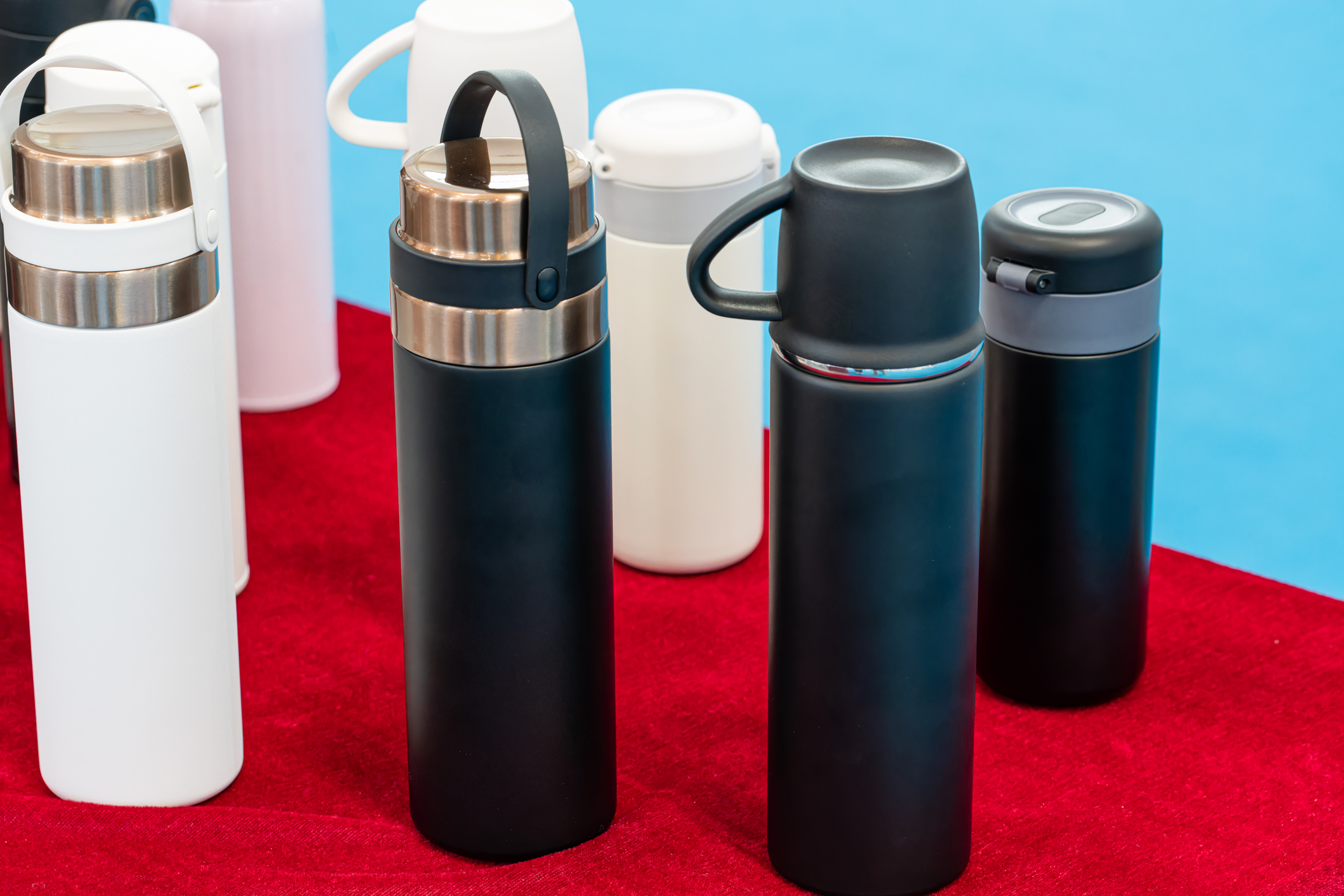
Too much of a good thing? The environmental downside of the “Stanley cup” craze.

A look back at what our unique network accomplished in 2023
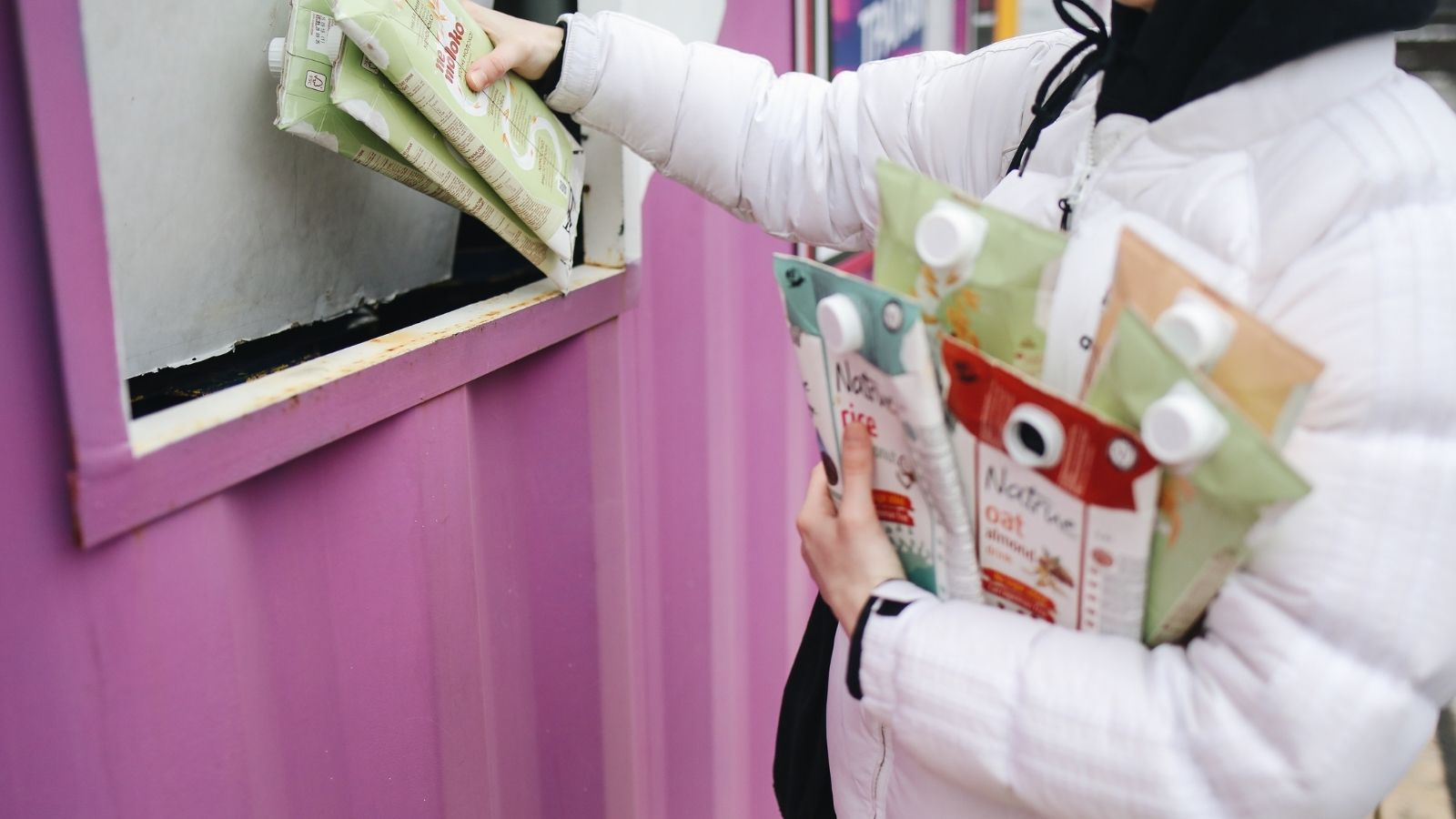
Plastic waste solutions hiding in plain sight: Recycled content requirements
